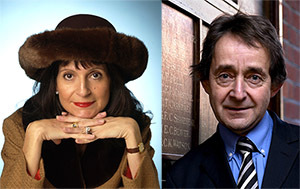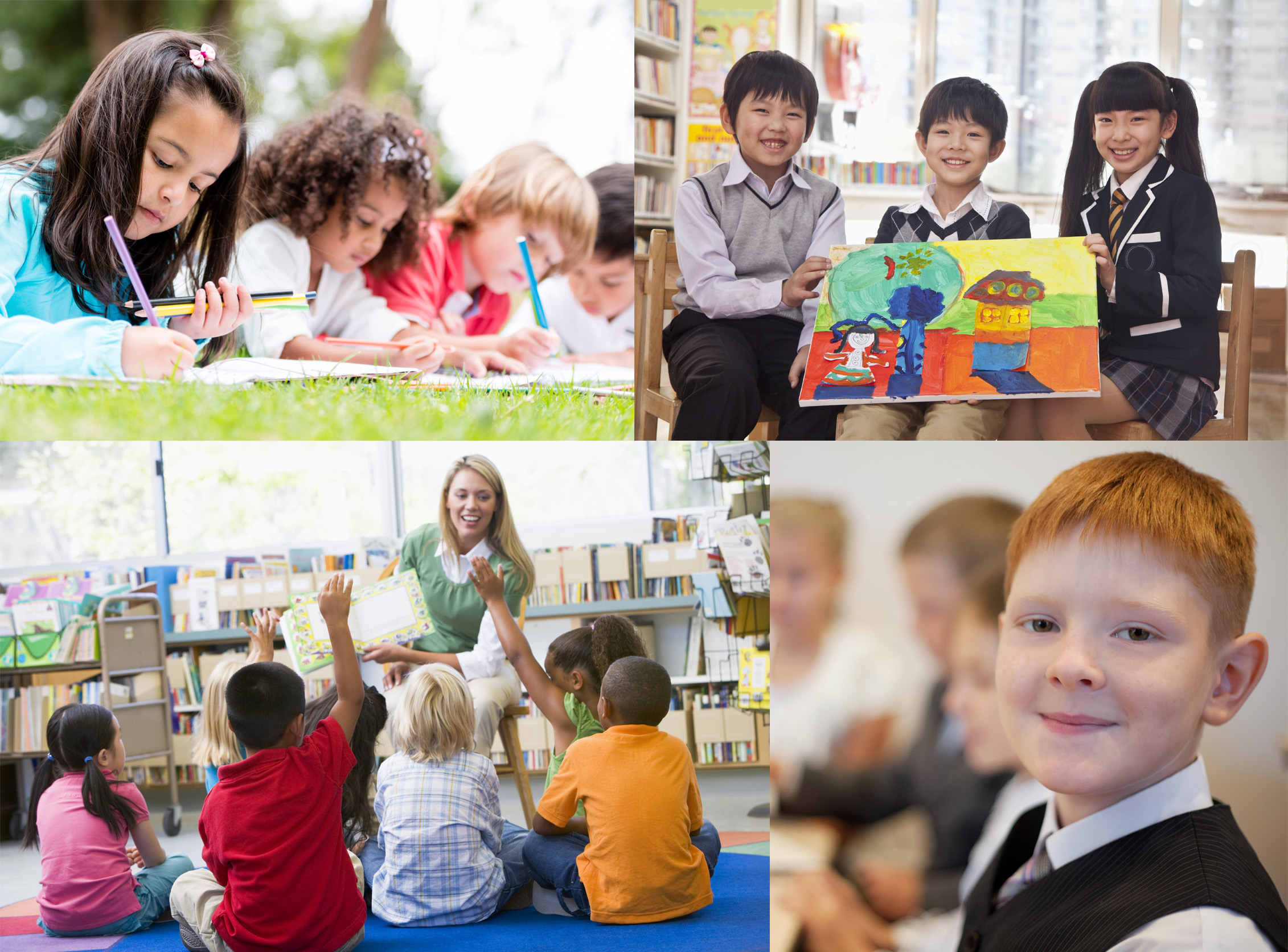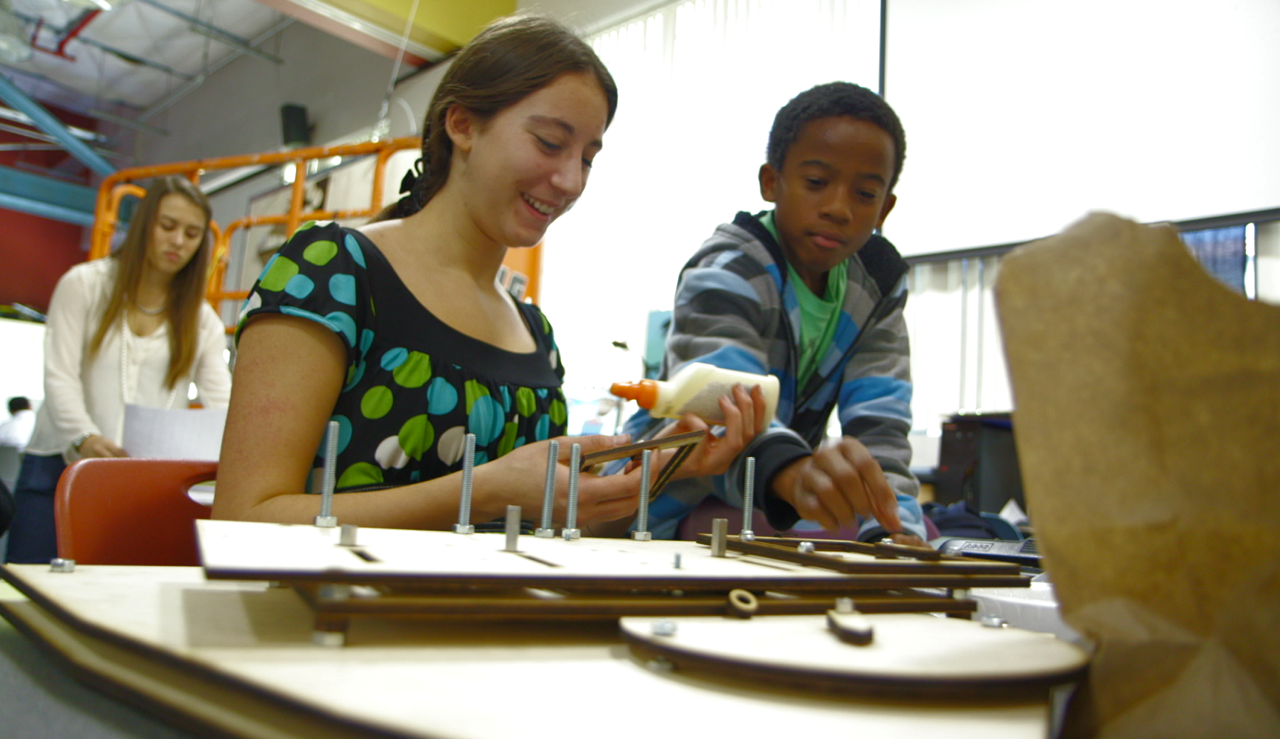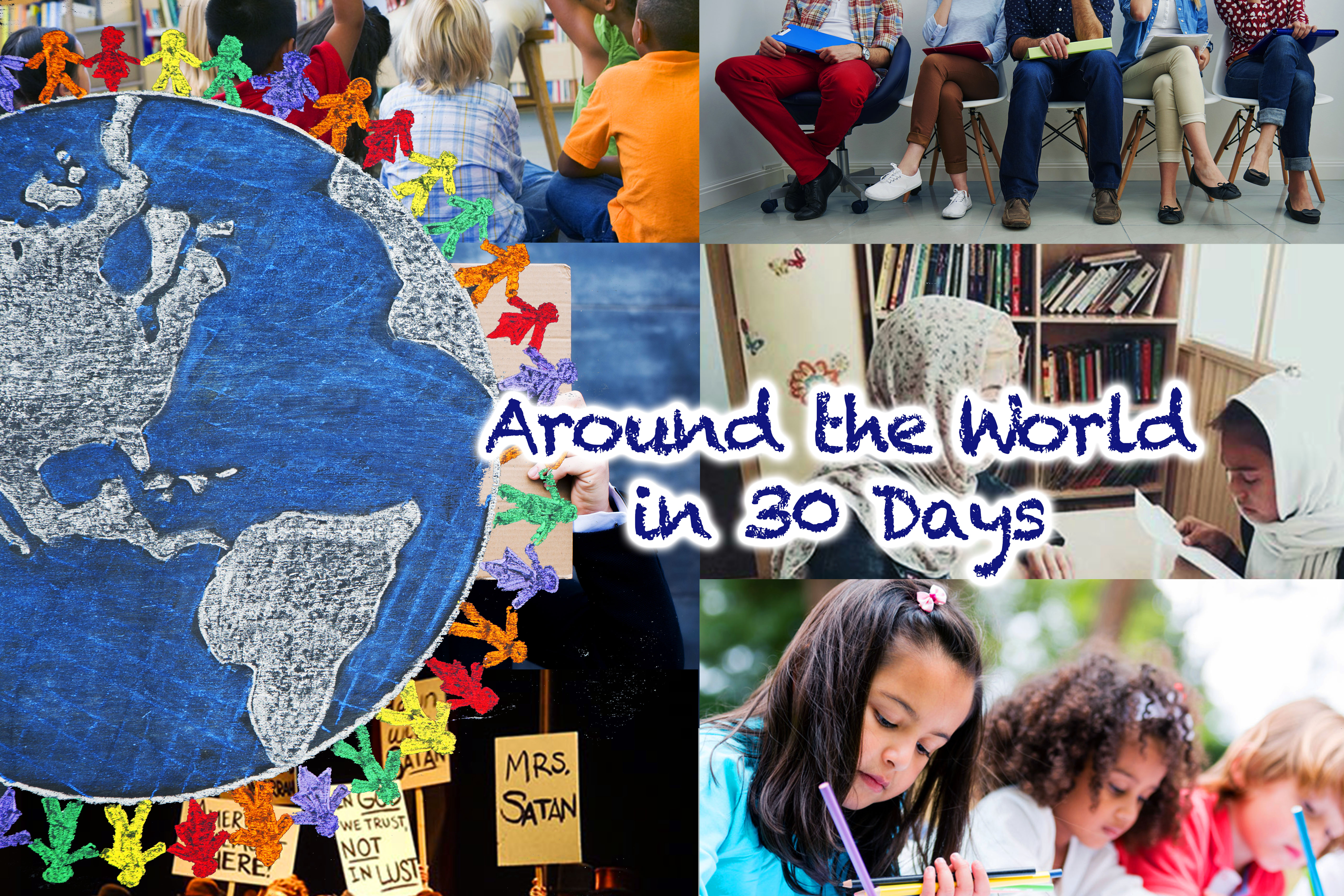
Who among us feels happy? Who among us would like to be happier? Who is responsible for us feeling happy or not? Who believes that we have it in our power to be unbelievably happy? These are all questions Sir Anthony Seldon might ask of the audience in one of his presentations on happiness. At a time when thought leaders in education all over the world are pointing to curriculum needing more focus on character development, character strengths and well-being, Seldon’s recent book, Beyond Happiness: The Trap of Happiness and How to Find Deeper Meaning and Joy, is very timely. In the book he explores how to achieve sustainable happiness, distinguishing between pleasure, happiness and joy, and offering an original 8-step approach on how to make our lives far more meaningful and rewarding.
Sir Anthony Seldon is a leading authority on contemporary British history and education and Vice-Chancellor of the University of Buckingham. He was formerly Master of Wellington College, one of the world’s most famous independent schools. He is one of the founders of Action for Happiness, a movement of people committed to building a happier and more caring society. He is President of the International Positive Education Network (IPEN).
It is my great pleasure to welcome Sir Anthony Seldon to The Global Search for Education.

Sir Anthony, Socrates thought that self-knowledge was the path to happiness. Aristotle argues that happiness comes from a virtuous life. What relevance do these ancient ideas have for us today?
Aristotle is extremely relevant as no virtue, no happiness; pleasure can be free of virtue, but not happiness. Socrates is talking about neither pleasure nor happiness but about joy. Self-knowledge leads one to an understanding of the divine, which brings joy. This is not theory but can be experienced by all.
Kids are growing up in a volatile, uncertain, complex world. How important is happiness and well-being in this context? Is it more important than ever before?
It has always been important. If Children have happy childhoods, and happy experiences of schools, then there is a good chance they will stay happy for life. Schools and homes need to have high expectations, and high moral standards, but also be kind and generous places too. Well-being makes us happy, and schools should do much more to teach good physical and mental health hygiene.
What is the difference between pleasure, joy, and happiness? How do we teach young people to distinguish the three?
Pleasure is material and self-centered, for example a bar of chocolate, a new car, loveless sex, pornography, which is all pervasive. Happiness is shared, deeper, often costs nothing and is enfolded in goodness for example a beautiful view, a lovely walk, good conversation, sharing with family and friends, making love with someone one loves. Joy is deeper still and most certainly cannot be bought. Indeed money can often get in the way of experiencing it. It is a spiritual feeling of harmony with one’s soul or the soul of another, or the soul of God. It cannot be described, possessed or grasped. It just is.

We live in a world where success and happiness seem related. We know that’s not always the case. How do we challenge success?
We don’t challenge success. But learn its value. Every human should strive to be the best they can be. For one person it may mean working all their life as a shop assistant, for another, to be President of a giant corporation. We should merely try to achieve our potential and be content with that. Problems come when the individual or the parents push, push, push the child beyond their natural limit. So we should strive to be as successful materially as we can but we should also accept the result. Happiness comes from wise acceptance of oneself and one’s limits.
How serious of a problem is it that many private institutions teach well-being and character while most public schools focus their resources on testing? Does this have an effect on the overall happiness and success of each of these demographics?
Public schools should be ahead of private schools on well-being, not vice versa. It is not a big problem though if they do not formally teach well-being and character as long as the principal running the school sets the right culture and values and ensures they are lived throughout the whole school community. This does not cost a cent to do.
It is open to each and every person alive, should we will it, to live a life that takes us way beyond happiness. What are your top tips for cultivating meaning and happiness?
Take time every day to switch off the restless ego and be perfectly still. Mindfulness will help this, so will prayer, or deep relaxation. Many people live and die asleep. They’re constantly talking, doing, commentating, judging, but never still. Stillness is all.

How important is the education of art and self-expression to long-term well-being?
It is vital as long as it’s done well. Artistic creation is the outlet of the individual soul onto the world. For many people, artistic creation is the only time that their individuality can be expressed. Without these opportunities, humans grow resentful, listless, even mad.
How important is developing meaningful relationships to happiness? Is there a way to educate young people to better cultivate long-lasting and fulfilling relationships?
Relationships set us apart from Algorithms and Artificial Intelligence computers. No relations, no humanity, no life, no meaning. Example is all important to young people both at home and in school. If they see the wonder, beauty and happiness of good and kind relationships, the model will burn itself into the mind of the student.
(All photos are courtesy of CMRubinWorld)
For More Information on The Festival of Positive Education.

Join me and globally renowned thought leaders including Sir Michael Barber (UK), Dr. Michael Block (U.S.), Dr. Leon Botstein (U.S.), Professor Clay Christensen (U.S.), Dr. Linda Darling-Hammond (U.S.), Dr. MadhavChavan (India), Professor Michael Fullan (Canada), Professor Howard Gardner (U.S.), Professor Andy Hargreaves (U.S.), Professor Yvonne Hellman (The Netherlands), Professor Kristin Helstad (Norway), Jean Hendrickson (U.S.), Professor Rose Hipkins (New Zealand), Professor Cornelia Hoogland (Canada), Honourable Jeff Johnson (Canada), Mme. Chantal Kaufmann (Belgium), Dr. EijaKauppinen (Finland), State Secretary TapioKosunen (Finland), Professor Dominique Lafontaine (Belgium), Professor Hugh Lauder (UK), Lord Ken Macdonald (UK), Professor Geoff Masters (Australia), Professor Barry McGaw (Australia), Shiv Nadar (India), Professor R. Natarajan (India), Dr. Pak Tee Ng (Singapore), Dr. Denise Pope (US), Sridhar Rajagopalan (India), Dr. Diane Ravitch (U.S.), Richard Wilson Riley (U.S.), Sir Ken Robinson (UK), Professor Pasi Sahlberg (Finland), Professor Manabu Sato (Japan), Andreas Schleicher (PISA, OECD), Dr. Anthony Seldon (UK), Dr. David Shaffer (U.S.), Dr. Kirsten Sivesind (Norway), Chancellor Stephen Spahn (U.S.), Yves Theze (LyceeFrancais U.S.), Professor Charles Ungerleider (Canada), Professor Tony Wagner (U.S.), Sir David Watson (UK), Professor Dylan Wiliam (UK), Dr. Mark Wormald (UK), Professor Theo Wubbels (The Netherlands), Professor Michael Young (UK), and Professor Minxuan Zhang (China) as they explore the big picture education questions that all nations face today.
The Global Search for Education Community Page
C. M. Rubin is the author of two widely read online series for which she received a 2011 Upton Sinclair award, “The Global Search for Education” and “How Will We Read?” She is also the author of three bestselling books, including The Real Alice in Wonderland, is the publisher of CMRubinWorld, and is a Disruptor Foundation Fellow.
Follow C. M. Rubin on Twitter: www.twitter.com/@cmrubinworld






Recent Comments